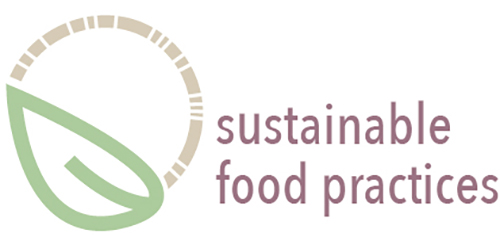
ESA conference: “Competitive claims on sustainability politics within citizen multi-stakeholderism. Negotiations among prefigurative Civic Food Networks and established Local Food Systems”
26th-29th August 2020
Dr. Rachel Reckinger participated in the European Sociological Association’s (ESA) online midterm meeting of the Research Network of Sociology of Consumption on the topic of ‘Citizenship and Consumption – All Powerful, all-powerless?’. Dr. Reckinger presented in the session titled ‘Sustianability. Thematic discussion on sustainability and sustainable consumption’. Other speakers in the session included Geraldina Roberti, Piergiorgio Degli Esposti, Ariela Mortara, Olle Stenbäck, Ulrika Holmnerg, Helena Åberg, Tullia Jack, Isabel Silva Cruz, Luís M. Afonso, and Live Standal Bøyum.
Dr. Reckinger’s presentation was titled ‘Competitive claims on sustainability politics within citizen multi-stakeholderism. Negotiations among prefigurative Civic Food Networks and established Local Food Systems’
Abstract
Civic Food Networks constitute a niche for cultural shifts through renewed forms of trust and community, reinforcing social and ecological justice – enacting social change in interaction with citizen-consumers. Heterodox actors in the transition to more sustainable food systems create new forms of knowledge, that are contested, co-constructed and potentially conflictual – particularly in regard to established, conventional and mainstream Local Food Systems that also claim sustainability, animal welfare, authentic localism etc. for themselves.
Recently, a number of resourceful community-driven initiatives for local food production and retail have arisen in Luxembourg, where low organic agricultural rates are paired with high consumer demands for organic produce. These heterogeneous local Civic Food Networks often focus on developing the below-average fruit and vegetable production within the Community Supported Agriculture (CSA) scheme, but they also include unpackaged and socially responsible food retailers or farmer-lead direct marketing initiatives.
Based on qualitative interviews with relevant stakeholders, the analysis of political documents edited by professional organisations [1] and participant observation of political consultation workshops with actors from the food sector [2], I will give an account of current debates, opportunities and issues of Civic Food Networks in Luxembourg, as well as ongoing negotiations between prefigurative, innovative actors with political decision-makers and established Local Food System stakeholders. My analysis focuses on interrelations in a multifaceted foodscape, in a current national context of enabling policymaking for the governance of food systems and the explicit valorisation of their ongoing transformation by civil society movements and multi-stakeholderism.
[1] Mainly the claims from www.solawi.lu and the project “Natur genéissen” by SICONA.
[2] Various World Café sessions or Innovation Labs hosted either by the Ministry of Agriculture, Viticulture and Rural Development or the Ministry of Environment, Climate and Sustainable Development since 2016.


